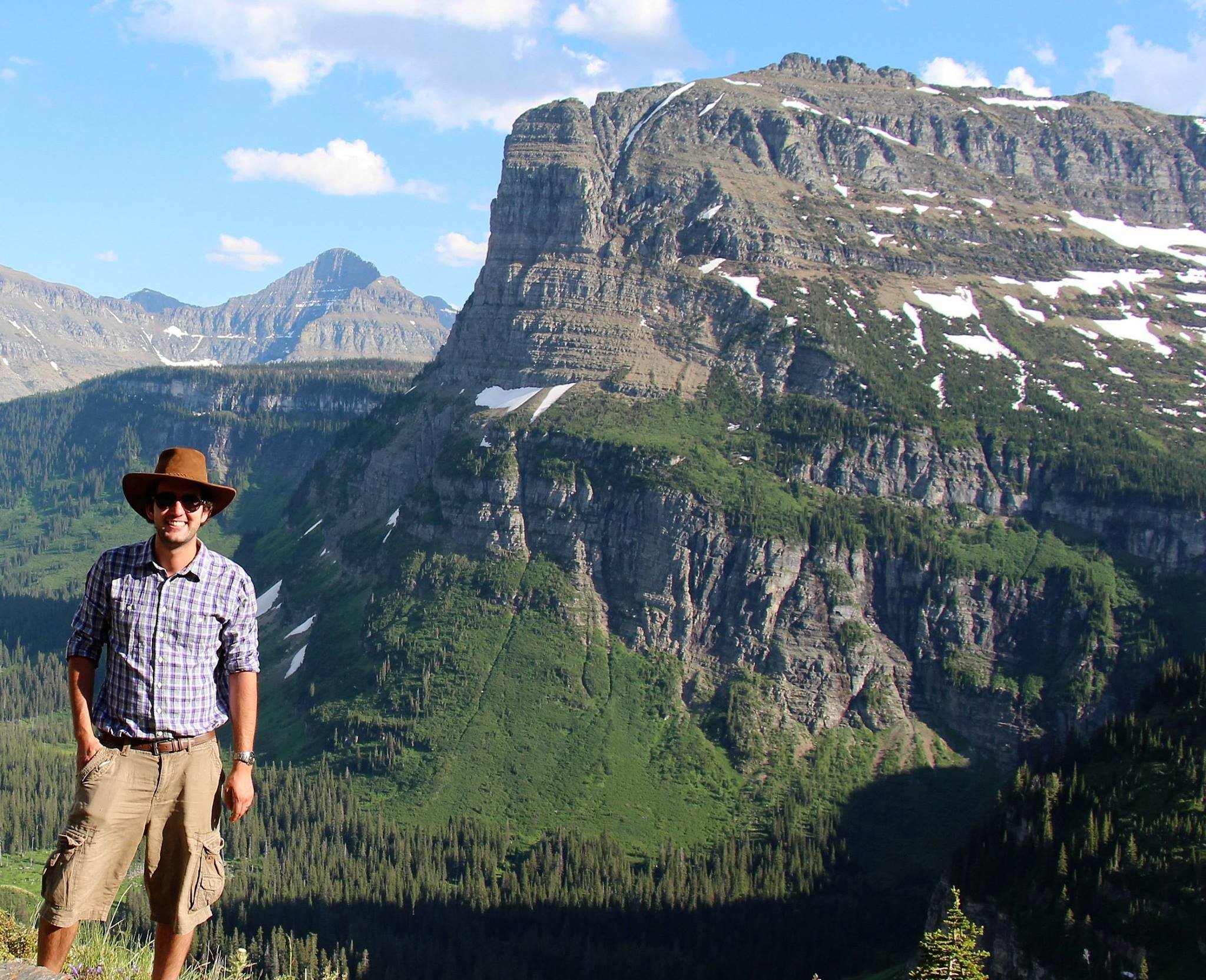Studying geography often leads people into fascinating careers, addressing major challenges facing the world.
Geography is about understanding the physical and human world around us. To help them do that, geographers have an incredible ability to bridge the social and natural sciences, solving problems by bringing information together from different disciplines. It should come as no surprise that studying geography often leads people into fascinating careers that play an essential role in addressing major challenges facing the world. In our Geographer of the Month series, we are going to meet some of these people who use geography in exciting and innovative fields. We hope this series will help inspire and guide the next generation of young geographers, as they make their way in a world that needs them more than ever.
Our first Geographer of the month is Nick Ferguson, Senior Vice President of NM Group, which specialises in Geographical Information (GI) technologies. We spoke to Nick about studying geography and where it has led him.
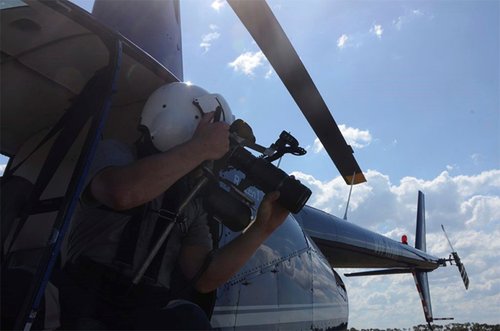
"The field of Geographical Information is set to boom over the next 10-20 years, making this a great field for those who wish to combine geographical know-how with an interest in new technology."
TFG: Nick, how and when did you first become interested in geography?
Nick: Geography always had the best field trips at school. I used to love visiting places like Malham Cove in the Yorkshire Dales and Coniston Water in the Lake District to see the landforms we were studying in lessons. I also came to realise that I was able to think spatially to understand and solve problems.
TFG: What does geography mean to you?
Nick: Geography is the study of spatial patterns to help solve mysteries about our world, created by nature and mankind. To me it means adventure, muddy boots and heated discussions in the pub.
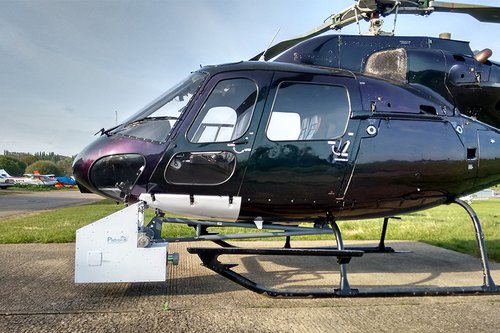
TFG: Why did you decide to study
geography at university?
Nick: I studied geography A-level at Harrogate Grammar School, and during this time learnt about the exciting new technologies that geographers had at their fingertips to help understand the world. This was at the time (2005) when spatial technologies like Google Maps and smartphones were hitting the mainstream. Geography felt like a good option for future career prospects.
TFG: What was the most important thing you learned studying geography at university?
Nick: The broad nature of geographic study helps to develop skillsets that future employers look for. Teamwork, leadership, project management and initiative are all soft skills that contribute towards a successful future career.
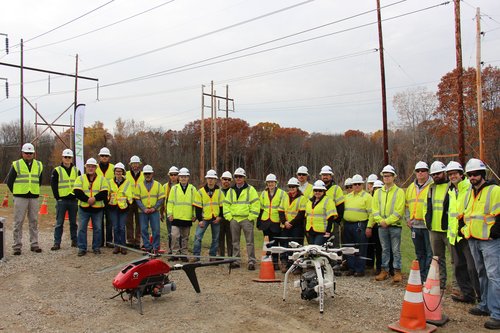
"Internship and placement opportunities often don’t appear on company websites, so students need to take the initiative of calling companies and asking to speak to a manager."
TFG: Skills we learn outside the classroom can be a very important component of our education and career development? Are there important skills you did not learn at university that have been essential to what you do?
Nick: A hugely important skill that I wasn’t particularly confident with at school was public speaking. I took a job as a paintball and quad bike marshal one summer for which I was required to give safety briefings to large groups of people. I found that by the end of the summer I was completely desensitised to any inhibitions I had - this has been valuable to my line of work where speaking at conferences and hosting seminars is important.
TFG: What is NM Group and what does it do?
Nick: The company uses geographical technologies to support electricity transmission and distribution networks around the world to help ensure that the population has a safe, reliable and low-cost supply of electricity. We use remote sensing, such as earth observation satellites and Light Detection and Ranging (LiDAR) on helicopters, to collect information about the position and health of the networks, and we then analyse this using Geographical Information Systems (GIS) and Computer Aided Design (CAD) software.
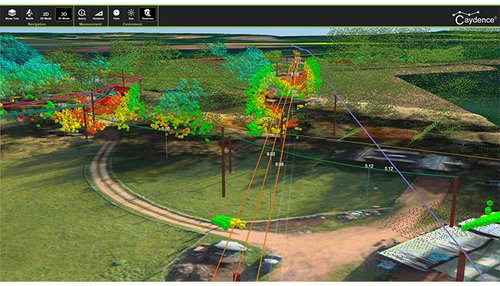
TFG: How is NM Group playing an important role in addressing major challenges facing the world?
Nick: In the UK and other countries, the electricity network is essential for the functioning of society and the economy. Our job is to ensure the network can cope with the major challenges it faces. We help harden the network against changing weather patterns caused by climate change, and prepare the network to cope with increasing demand for electricity and new technologies like renewable energy generation and electric cars. Outside of electricity, we’ve helped cities in Fiji protect themselves from sea level rise, we’ve helped Tony Robinson from Time Team find the likely location of the Battle of Hastings, and we’ve even surveyed the Statue of Liberty.
TFG: What is the best thing about your job?
Nick: I’ve always been a keen traveller and this job has taken me throughout the Middle East and India, Africa, Australia and North America. I now live in Vancouver, Canada. It’s interesting to get off the beaten tourist track and to make friends with the people living in these different countries with unique cultures.
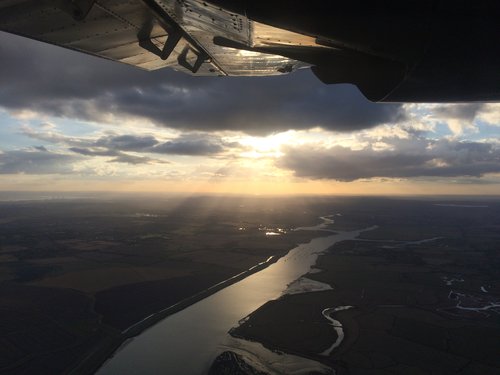
TFG: What is the most challenging
aspect of your job?
Nick: The company works internationally from several offices and at any one time has numerous projects taking place. This requires lots of management attention while ensuring that the company stays at the forefront of the industry, by making sure it’s utilising the latest and greatest technology.
TFG: We are living through a period of rapid and disruptive technological changes. How is this affecting your industry?
Nick: The rate of adoption for geographical technologies is increasing exponentially as companies make use of apps like Google Maps. This is replacing old-fashioned forms of management and a reliance on paper. The cost of remote sensing is falling rapidly as newer forms of technology like drones and smaller sensors make it quicker and cheaper than ever to collect datasets. This means that NM Group needs to constantly innovate to ensure it is always delivering value to its clients.
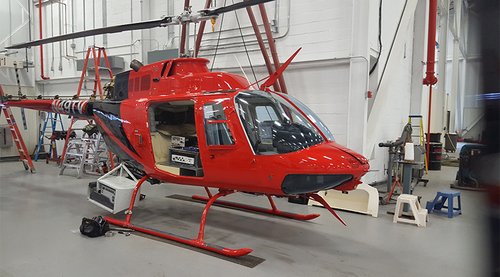
TFG: What advice do you have for young people reading this article who are interested in working in the field of Geographical Information (GI) technologies?
Nick: The field of GI is set to boom over the next 10-20 years, making this a great field for those who wish to combine geographical know-how with an interest in new technology. I’d suggest that people wishing to pursue this should start picking up some work experience alongside their studies. Most GI companies like NM Group offer internships during school and university holidays, and can offer a year in industry for degree programs where this is an option. However, these opportunities often don’t appear on company websites, so students need to take the initiative of calling companies and asking to speak to a manager.
